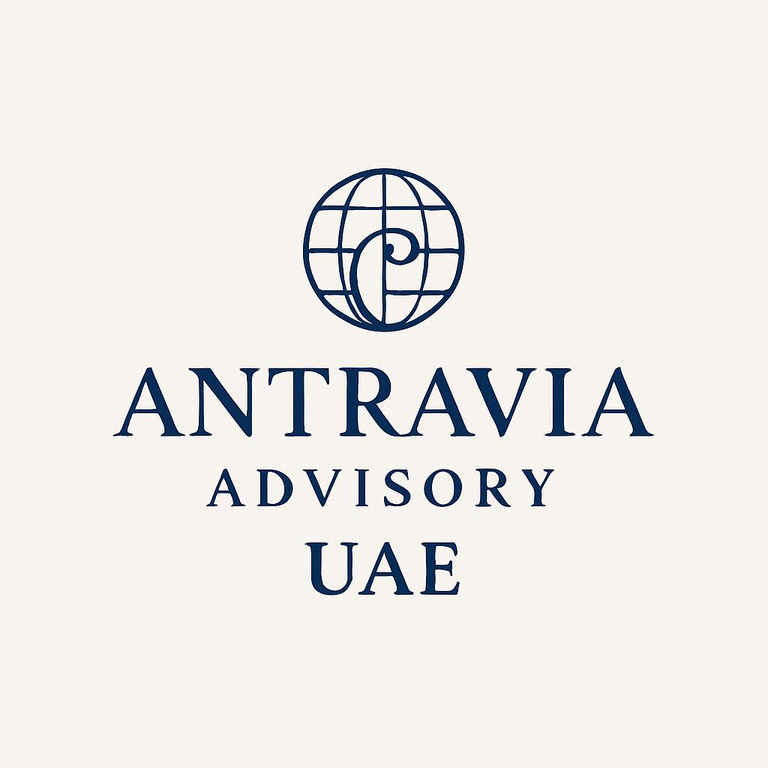A New Era for Dubai Businesses: Free Zone Companies can now operate on the Mainland
Dubai’s 2025 Mainland Operating Permit lets Free Zone firms legally serve mainland clients. Learn how this new rule benefits accounting, finance, and travel businesses.
TRAVEL FINANCE AND ACCOUNTING BLOG - U.A.E EDITION
10/27/20253 min read


A New Era for Dubai Businesses: Free Zone Companies can now operate on the Mainland
TRAVEL FINANCE AND ACCOUNTING BLOG — U.A.E. EDITION
For years, Dubai’s free zones offered global reach but came with one major limitation, being that companies couldn’t legally serve mainland clients without opening a separate entity. That restriction has finally changed.
In October 2025, Dubai’s Department of Economy and Tourism (DET), in coordination with the Dubai Free Zones Council, introduced the Free Zone Mainland Operating Permit, a policy that allows Free Zone companies to conduct selected business activities on the mainland without establishing a new mainland company.
The change follows Executive Council Resolution No. 11 of 2025, issued on 3 March 2025, which authorised the framework now being rolled out across Dubai’s major free zones.
This reform reshapes how thousands of entrepreneurs, investors, and consultants can expand across Dubai’s economic ecosystem, and it’s a game-changer for finance, consulting, and professional-service firms.
What is the new Permit?
The Mainland Operating Permit allows licensed Free Zone companies to:
Sign contracts directly with mainland clients
Invoice in AED without using an intermediary
Lease mainland meeting rooms or co-working spaces
Deliver services physically within Dubai or other emirates
The permit effectively bridges the gap between Free Zone and mainland business environments, eliminating the need for a Local Service Agent (LSA) or a separate DET licence for eligible activities.
Who qualifies?
The permit applies to non-regulated, professional, and light commercial services, including:
Accounting and bookkeeping
Business, management, and financial consultancy
IT, digital, and marketing services
E-commerce support and logistics coordination
For these sectors, Free Zone companies can now trade and operate across the mainland legally under one umbrella licence.
However, regulated sectors, such as audit, legal, medical, and tourism operations, still require specific mainland approvals from their respective authorities (for example, DTCM for travel agencies or MOE for auditors).
How it works
Hold a valid Free Zone trade licence (e.g. RAKEZ, IFZA, DMCC, DAFZA).
Apply through your Free Zone’s business desk for a Mainland Operating Permit.
The Free Zone coordinates with DET to issue the permit for one year.
Once issued, you can:
Meet mainland clients
Sign contracts
Receive and issue invoices in AED
Permit fee: AED 2,000 – 5,000 per year depending on the Free Zone.
Processing time: about one week after approval.
Why does it matter?
This policy removes one of the biggest financial and operational hurdles for entrepreneurs.
Before this new permit was introduced, Free Zone companies in Dubai couldn’t legally invoice mainland clients. Now, they can and fully permitted under the new system.
Previously, businesses had to establish a separate Dubai Department of Economy and Tourism (DET) mainland entity and appoint a Local Service Agent, but that requirement no longer applies.
The cost of expansion used to be around AED 45,000 to 50,000 to operate legally on the mainland, whereas the new operating permit costs only about AED 2,000 to 5,000.
Companies also had to maintain separate accounting records, VAT registrations, and tenancy agreements for mainland operations, but under the new framework, a single Free Zone licence can now cover both Free Zone and mainland activities.
Impact for Travel and Hospitality Businesses
While the permit doesn’t yet extend to tourism operations regulated by DTCM, it offers major advantages to:
Consultancies providing financial or management services to hotels, tour operators, or travel agencies.
Hospitality accountants who can now meet clients in Dubai or Abu Dhabi while maintaining a Free Zone base.
Tech and marketing firms supporting travel brands with mainland-facing projects.
It’s a practical middle ground thus enabling service providers to work onshore while staying within the Free Zone framework.
Antravia’s Take
This is one of the most forward-thinking reforms Dubai has introduced in years. It reinforces the city’s reputation for enabling entrepreneurship while simplifying compliance. For finance and advisory professionals, it means lower setup costs, direct access to clients, and fewer administrative barriers.
Next Steps
If you already hold or plan to obtain a Free Zone licence, contact your Free Zone authority (RAKEZ, IFZA, DMCC, DAFZA, or others) and ask about the Mainland Operating Permit.
Confirm that your activity — Accounting and Bookkeeping, Financial Consultancy, or Business Advisory — is listed as eligible.
Once approved, you can:
Work with mainland hotels, DMCs, and travel groups
Invoice clients directly in AED
Operate across Dubai legally under a single Free Zone entity
References
Antravia Advisory U.A.E.
Where Travel Meets Smart Finance
Email:
Contact us:
© 2025. All rights reserved. | Disclaimer | Privacy Policy | Terms of Use | Accessibility Statement
© 2025 — Antravia.ae part of the Antravia Group.
Antravia.com | Antravia.co.uk | Antravia.ae |
Finance.travel | Tax.travel | Consultancy.travel | Vat.travel | Vat.claims |
USSales.tax | EuroVAT.tax | UKVAT.tax |
contact@antravia.com
Antravia LLC
